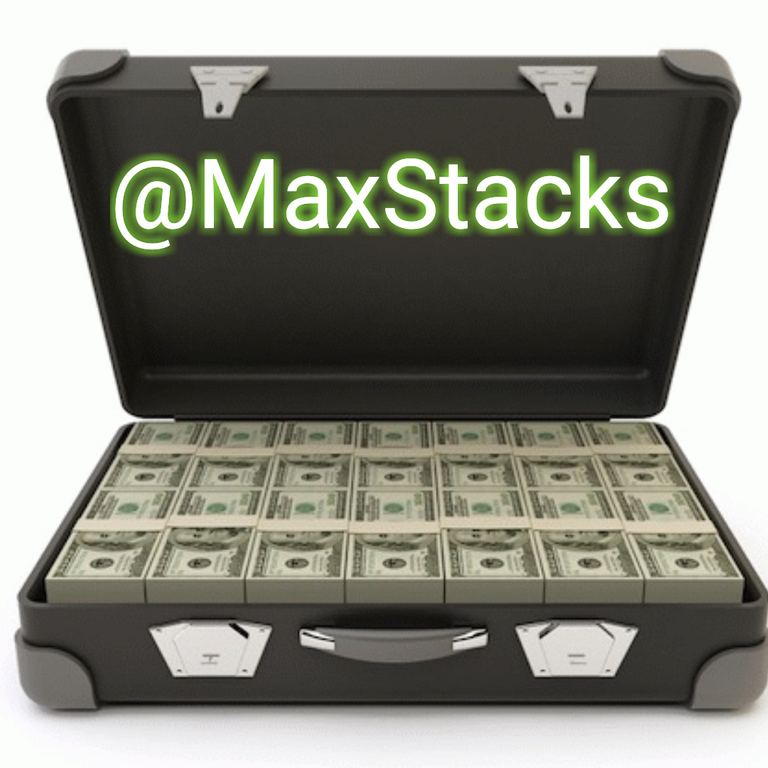Hey, Fellow Crypto Investors,
In this quick read, which will be followed by a several other, I will write brief dipping-the-toe descriptions of the top 100 coins.
Basically, the top 100 coins fall into one of the 12 following categories:
1.Currency 15 coins
2.Platform 24 coins
3.Ecosystem 9 coins
4.Privacy 10 coins
5.Currency Exchange Tool 8 coins
6.Gaming & Gambling 5 coins
7.Misc 15 coins
8.Social Network 4 coins
9.Fee Token 3 coins
10.Decentralized Data Storage 4 coins
11.Cloud Computing 3 coins
12.Stable Coin 2 coins
In order to make sure that the posts will stay as tiny bites of goodness, I will devote a separate post to each category. This being said, this first post of this series is gonna be devoted to Currency coins that include 15 cryptocurrencies. So, let's dive right into it.
Bitcoin: 1st generation blockchain with currently bad scalability currently, though the implementation of the Lightning Network looks promising and could alleviate most scalability concerns, scalability, and high energy use.
Ripple: A centralized currency that might become very successful due to tight involvement with banks and cross-border payments for financial institutions; banks and companies like Western Union and Moneygram (who they are currently working with) as customers' customers. However, it seems they are aiming for more decentralization now.https://ripple.com/dev-blog/decentralization-strategy-update/. Has high TPS due to Proof of Correctness algorithm.
Bitcoin Cash: Bitcoin fork with the difference of having an 8 times bigger block size, making it 8 times more scalable than Bitcoin currently. Further block size increases are planned. The only significant difference is bigger block size while big blocks lead to further problems that don't seem to do well beyond a few thousand TPS. Opponents to a block size argue that increasing the block size limit is unimaginative, offers only temporary relief, and damages decentralization by increasing costs of participation. In order to preserve decentralization, system requirements to participate should be kept low. To understand this, consider an extreme example: very big blocks (1GB+) would require data center level resources to validate the blockchain. This would preclude all but the wealthiest individuals from participating. The community seems more open than Bitcoin's though.
Litecoin: Little brother of Bitcoin. Bitcoin fork with different mining algorithm but not much else.Copies everything that Bitcoin does pretty much. Lack of real innovation.
Dash: Dash (Digital Cash) is a fork of Bitcoin and focuses on user ease. It has very fast transactions within seconds, low fees and uses Proof of Service from Masternodes for consensus. They are currently building a system called Evolution which will allow users to send money using usernames and merchants will find it easy to integrate Dash using the API. You could say Dash is trying to be a PayPal of cryptocurrencies. Currently, cryptocurrencies must choose between decentralization, speed, scalability and can pick only 2. With Masternodes, Dash picked speed and scalability at some cost of decentralization, since with Masternodes the voting power is shifted towards Masternodes, which are run by Dash users who own the most Dash.
IOTA: 3rd generation blockchain called Tangle, which has a high scalability, no fees and instant transactions. IOTA aims to be the connective layer between all 80 billion IOT devices that are expected to be connected to the Internet in 2025, possibly creating 80 billion transactions per second or 800 billion TPS, who knows. However, it needs to be seen if the Tangle can keep up with this scalability and iron out its security issues that have not yet been completely resolved.
Nano: 3rd generation blockchain called Block Lattice with high scalability, no fees and instant transactions. Unlike IOTA, Nano only wants to be a payment processor and nothing else, for now at least. With Nano, every user has their own blockchain and has to perform a small amount of computing for each transaction, which makes Nano perform at 300 TPS with no problems and 7,000 TPS have also been tested successfully. Very promising 3rd gen technology and a strong focus on only being the fastest currency without trying to be everything.
Decred: As mining operations have grown, Bitcoin’s decision-making process has become more centralized, with the largest mining companies holding large amounts of power over the Bitcoin improvement process. Decred focuses heavily on decentralization with their PoW Pos hybrid governance system to become what Bitcoin was set out to be. They will soon implement the Lightning Network to scale up. Interesting technology and the scalability problems fix Lightning Network is underway.
Aeternity: PoS PoW Hybrid, Smart Contracts in off-chain state channels. Promising concept though no product yet.
Bitcoin Atom: Atomic Swaps and hybrid consenus. This looks like the only Bitcoin clone that actually is looking to innovate next to Bitcoin Cash.
Dogecoin: Litecoin fork, fantastic community, though lagging behind a bit in technology.
Bitcoin Gold: A bit better security than bitcoin through ASIC resistant algorithm, but that's it. Not that interesting.
Digibyte: The DigiByte blockchain is spread over a 100,000+ servers, phones, computers, and nodes across the globe, aiming for the ultimate level of decentralization.
Ethereum classic: Original Ethereum that decided not to fork after a hack. The Ethereum that we know is its fork. Uninteresing, because it has a lot of less resources than Ethereum now and a lot less community support.
Bitcoin Diamond Asic resistant Bitcoin and Copycat.
In the upcoming post, I am gonna follow up with quick descriptions of 24 so-called platform tokens.
Stay strong,
Ali
Good tidings to you
Thank you for sharing this valuable information, may your contribution to steemit bring you untold wealth

thank you
Hi! I am a robot. I just upvoted you! I found similar content that readers might be interested in: